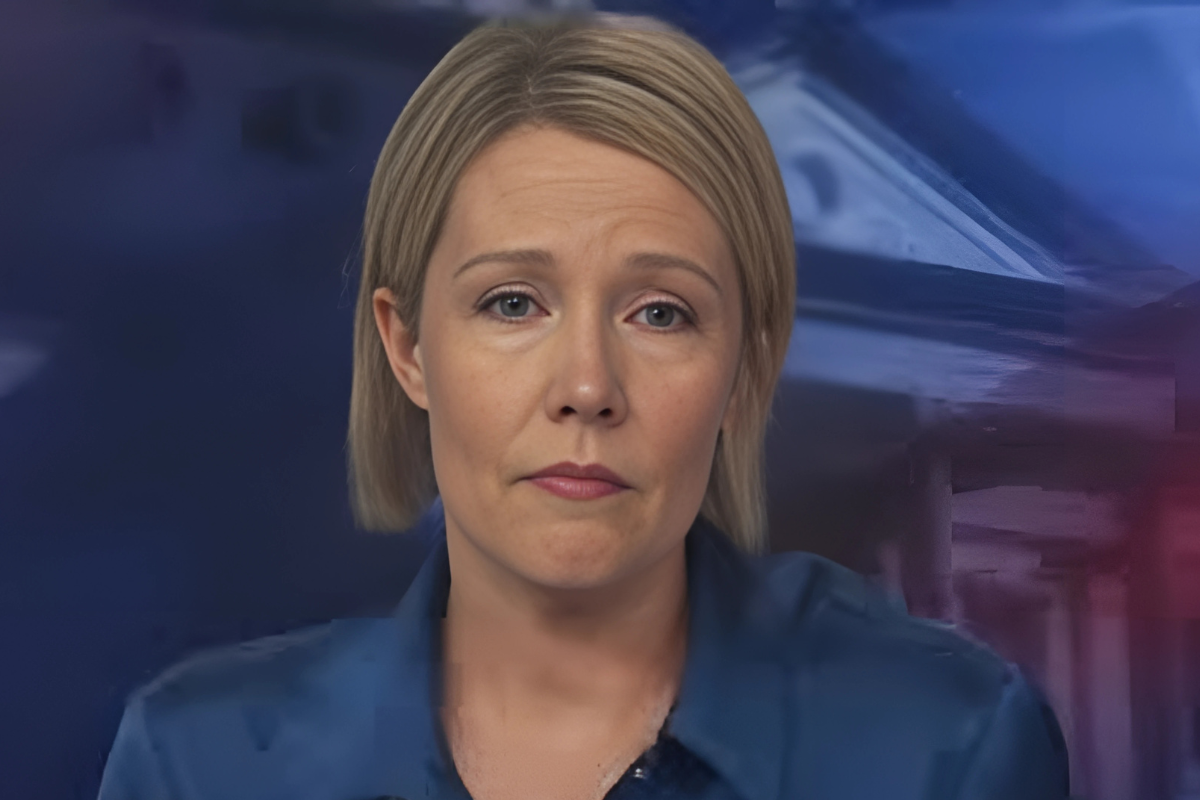
She wasn’t the loudest person in the office. In fact, for years, she was the one who quietly showed up, did her work, and went home. But one day, she decided to say something out loud that many of her coworkers had only whispered:
“Our workplaces need to be clean if we expect people to do their best work.”
It may sound simple—almost obvious. But in that moment, she was speaking a truth that too many businesses ignore.
The Courage to Say the Obvious

For decades, she had worked in environments where clutter, dust, and disorganization weren’t treated as serious problems. Yet she knew firsthand how much an untidy space drained energy, scattered focus, and silently lowered morale. The mess in the office wasn’t just about appearances—it was about productivity, safety, and respect.
When she raised her voice about it, she knew she was breaking an unspoken rule. “People like me aren’t supposed to speak out,” she admitted later. She was not a CEO, not a high-ranking executive. But she understood something many leaders didn’t: the environment shapes the work. And if the workplace isn’t cared for, neither are the people inside it.
The Truth is Bigger Than a Job

Her words didn’t come without risk. Too often, employees who challenge the status quo are labeled as troublemakers. But she wasn’t speaking out to complain—she was speaking out because she believed the truth was bigger than her job.
And that truth was simple: Clean, organized workplaces aren’t luxuries; they are necessities. They directly impact employee focus, mental well-being, and even the bottom line.
Instead of punishing her for speaking up, her experience became a catalyst for something greater.
From Employee to Consultant

She was never fired for her boldness. In fact, the opposite happened. Her message resonated, and over time, she transformed her insights into a career. Today, she works as a consultant with Brody & Co Business Services, helping companies rethink how their physical spaces affect performance.
Now, instead of worrying whether her words will cost her a paycheck, she gets paid to teach leaders what she once struggled to make them hear: clean spaces create clear minds.
Why Clean Spaces Matter

It’s easy to underestimate how much our surroundings shape the quality of our work. A cluttered desk can become a symbol of a cluttered mind. Dusty break rooms and neglected common areas quietly communicate that employee well-being isn’t a priority.
She often reminds her clients that clean workspaces aren’t just about appearances—they’re about building trust. When employees see that leadership invests in the environment, they feel valued. When spaces are well-kept, people don’t just do their jobs; they do them with pride.
And the data backs her up. Studies consistently show that tidy, well-maintained environments improve focus, reduce stress, and even decrease absenteeism. But long before she had the statistics in hand, she simply had her lived experience.
A Voice for the Overlooked
When she first spoke up, she thought she was just drawing attention to dust in the corners and papers piled too high. What she didn’t realize was that she was giving voice to something deeper: the dignity of workers.
Too often, organizations focus only on big-picture strategies and ignore the physical and emotional environment employees live in every day. She reminded them that no amount of vision or planning can compensate for a workplace that drains energy instead of fueling it.
Her story is not just about office cleanliness. It is about permission—permission for everyday employees to raise concerns, to point out what leaders may overlook, and to believe that their observations are valid.
The Bigger Lesson
Her journey from employee to consultant underscores a larger truth: sometimes the people closest to the ground see the most. By daring to speak out, she revealed blind spots that leadership had ignored for years.
And today, as she helps businesses through Brody & Co Business Services, she proves that courage can turn into opportunity. She reminds companies that listening to employees isn’t just good management—it’s good business.
Closing Thoughts
She once said, “The truth is bigger than my job.” That truth has now become her work. What began as a risky statement in a single office has grown into a career built on advocating for healthier, more effective workplaces.
Her story is proof that sometimes the smallest, most practical observations—like the need for a clean space—hold the power to transform entire organizations.
Because when people like her speak out, they don’t just change their own lives. They change the places where we all work, and in doing so, they remind us: a clean space is never just clean. It’s the foundation for the work we’re all here to do.
